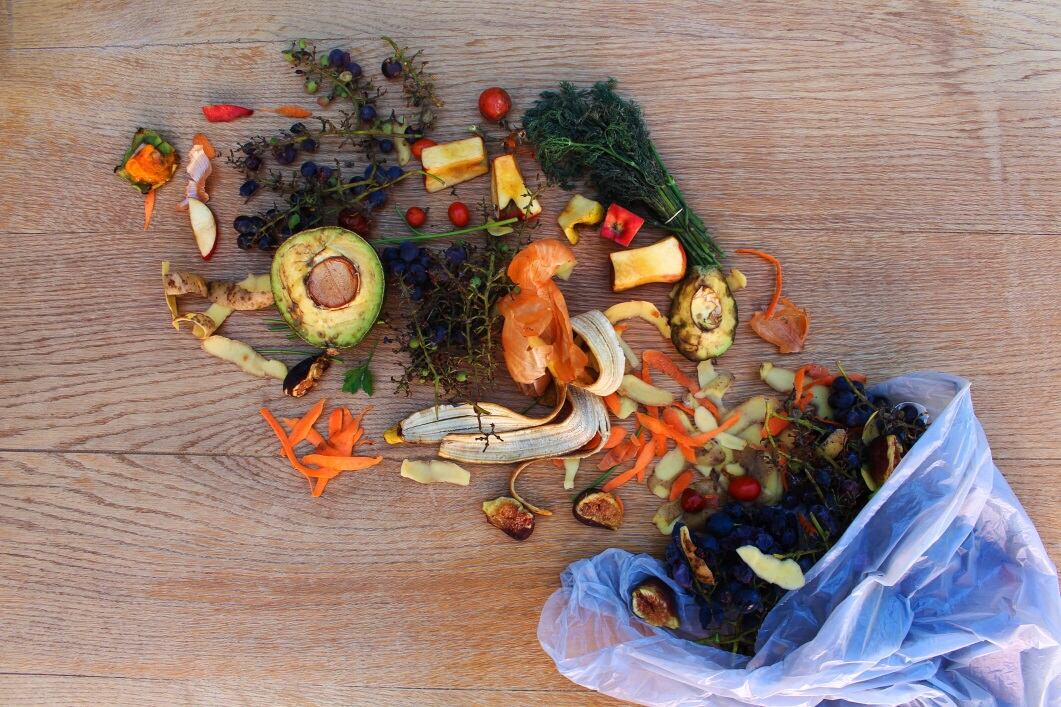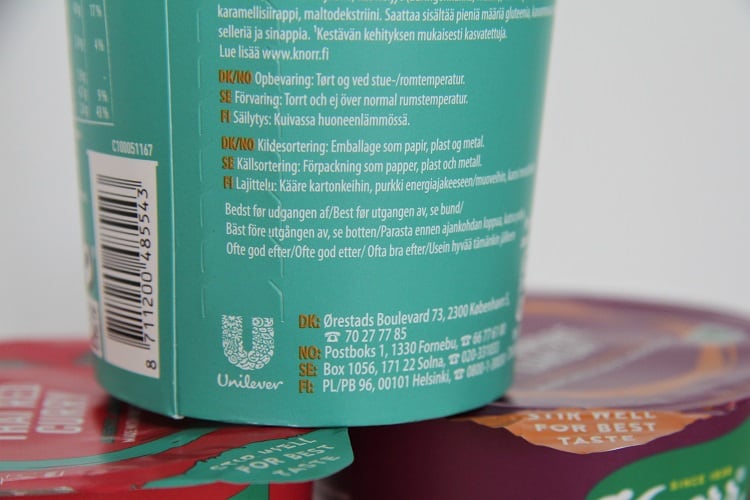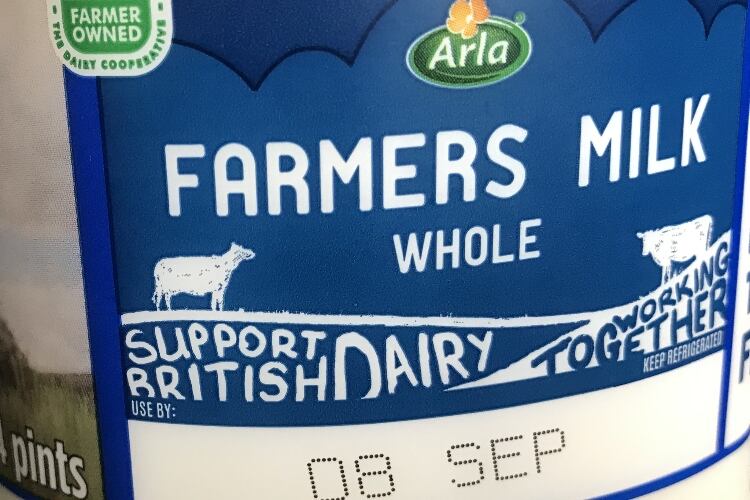Globally, 1.3bn tonnes of food produced for human consumption is wasted every year. That represents one third of total production.
In the European Union, around 88m tonnes of food waste is generated annually with associated costs estimated at €143bn. This means an estimated 20% of the total food produced is lost or wasted in the EU, while 43m people cannot afford a quality meal every second day.
Data from the European Commission shows households generate more than half of the total food waste in the EU (47m tonnes) with 70% of food waste arising at household, food service and retail levels. From farm to fork, the problem of food waste can be seen at each point in the supply chain.
If the food industry is to adequately provide for the growing global population within planetary boundaries, urgent action of food waste is needed. This situation has prompted the United Nations aiming to reduce waste per capita by 50% by 2030.
'It comes down to consumer mindset'
According to Tomra Food communications coordinator Marijke Bellemans, while supermarkets can sometimes act as ‘enablers’ of food waste, the issue largely boils down to consumer attitudes.
“There are a number of issues at play here. One of the most-often cited is that wealthier societies have been guilty of creating a throw-away consumer culture that sees more than 50 million tonnes of fresh fruit and vegetables being discarded across Europe every year, often because the produce is thought too ugly.
“Supermarkets are often blamed for enabling food waste, with mountains of unsold food that could be redistributed instead of being thrown away, based on estimated ‘best before’ dates applied to food that is often still safe to eat.
“This again comes down to a consumer mindset – if the supermarket has determined that a piece of fruit or vegetable has passed its sell-by date, it will more than likely end up being wasted, despite the probability that it would still be fine to consume.”
There are also inadequate processes for redistributing wasted produce to food banks and those in need, Tomra suggested.
Green shoots of change
Some progress has been made in this area, spurred largely by legislation.
In 2016, France became the first country to ban supermarkets from throwing away or destroying unsold food, forcing them instead to donate it to charities and food banks. Italy has since introduced a similar law that aims to make it easier for companies to redistribute unsold foods.
The private sector is also developing innovative ways to up-cycle agricultural waste. Tomra pointed to a 2018 Brazilian study, which estimated 5.5bn tonnes of plant waste are left in the fields post-harvest. Potential uses for this side-stream include soil enrichment, use as biofuels and animal and human food.
“Innovative farmers, researchers and businesses have recognised the opportunity in this supposed waste, and are transforming it into products like beer, desserts, juice and pharmaceutical nutrients.”
But while advancements have been made in some areas, Bellemans told FoodNavigator that this needs to accelerate. “We believe there is still so much out there to be achieved to tackle the issue of food waste, and that we can hardly speak of limitations.”
Technology offers answers
Tomra designs and manufactures sensor-based sorting machines and integrated post-harvest solutions. According to the company, it leverages ‘advanced’ grading, sorting, peeling and analytical technology.
“We are at the forefront of tackling food waste,” Bellemans said. “It is a continuous developing process.”
Tomra believes there is a ‘great opportunity’ for businesses to contribute towards reducing food waste through the adoption of new technology. To this end, the company works with farmers, processors and retailers to reduce food waste, optimise yields and maximise profits.
“Our experience around the world highlights the need to increase the emphasis on preventing ‘good’ products being removed from the food supply chain and unnecessarily wasted, caused at large by inefficient systems.”




